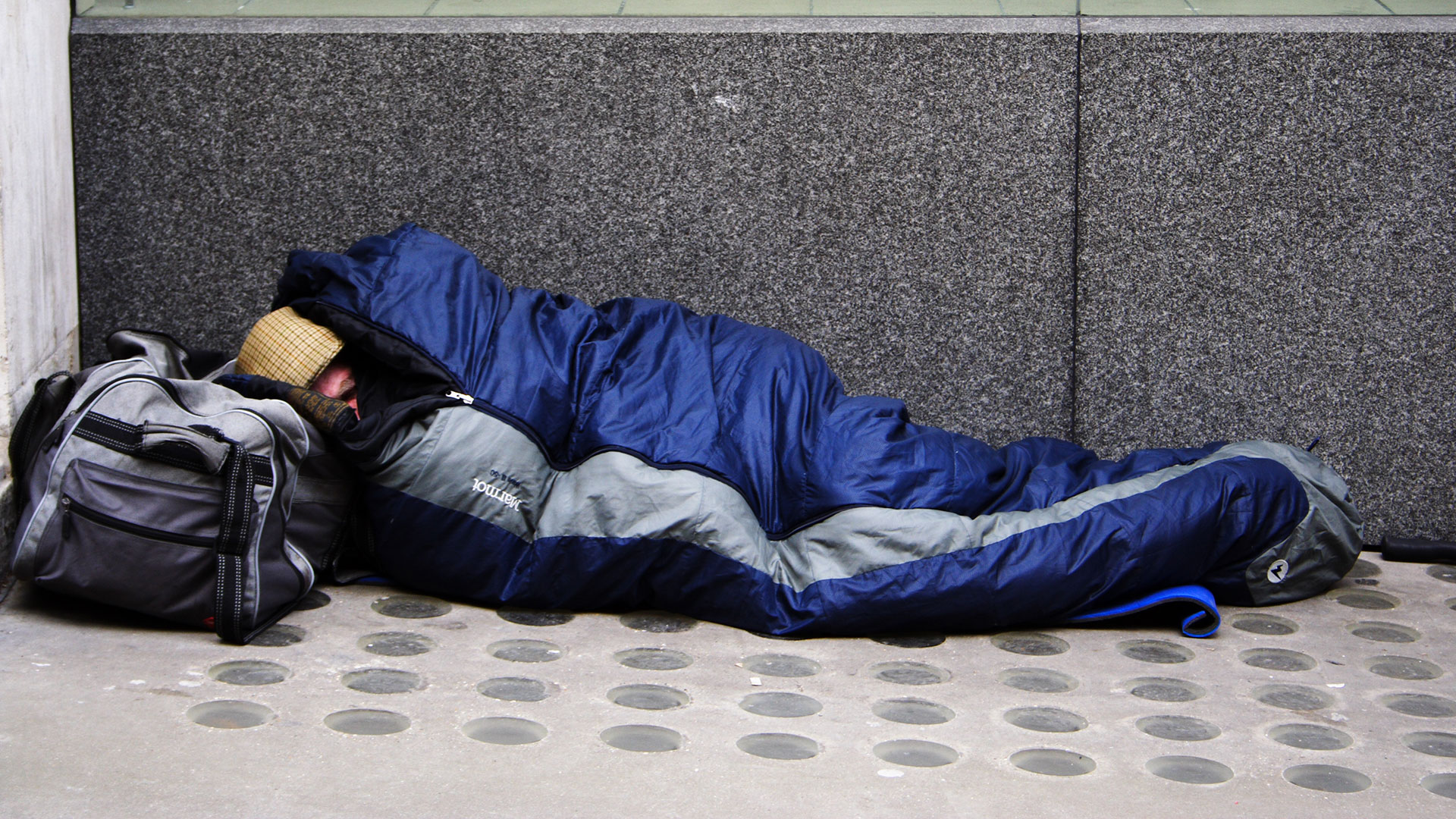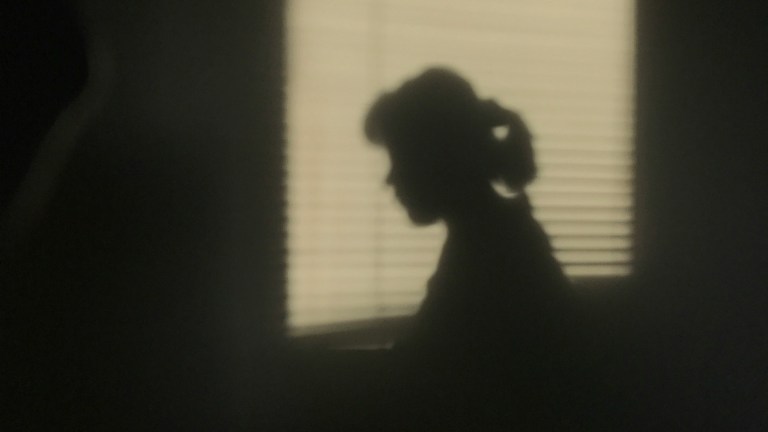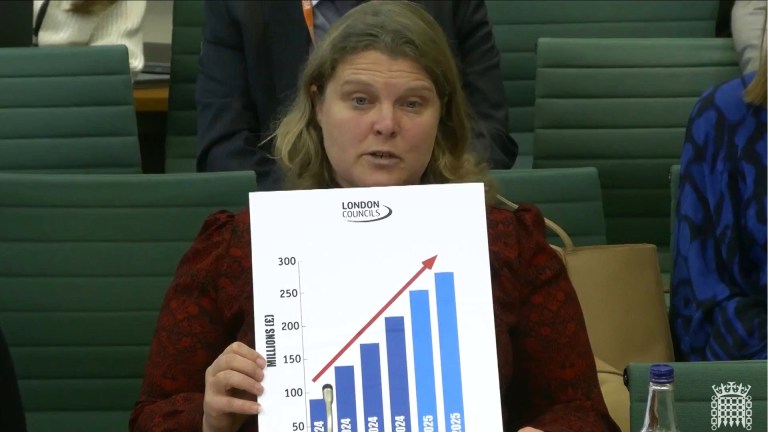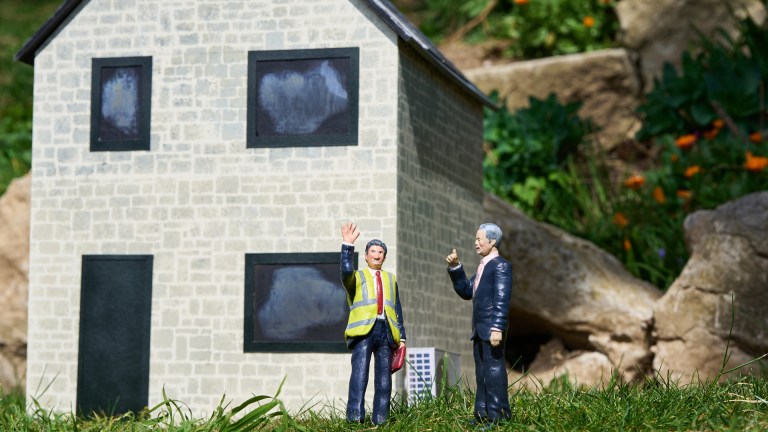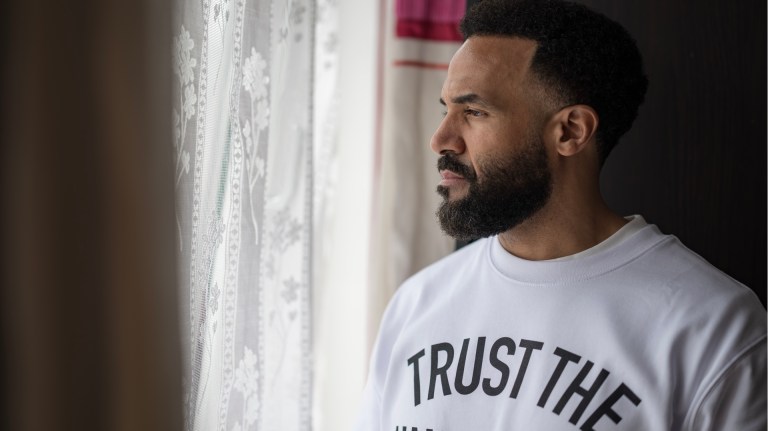“An investment in social housing is crucial to decreasing the number of rough sleepers. There are no homes for people to go to. There is a poverty crisis placing increasing pressure on the welfare system. If you have to wait eight weeks for your first payment, your options are going to be slim.
“Many who find themselves on the streets at night walk to stay safe, walk to keep warm, and they sleep in the day. So there is arguably a volume of the walking rough sleepers who are not picked up in these counts. The fact that this number has gone down slightly is great but two large cohorts are excluded because of their survival tactics at night.
“Homelessness and rough sleeping are some of the most distressing and visible manifestations of poverty in our society. In order to address that, we need legislation that is preventative at its core. It has some bearing on our founder John Bird’s work in the House of Lords – seeking to eradicate poverty. If we do not legislate on that basis and enact it then I fear this crisis will not diminish.”
The release of the government figures follows the coldest night of the winter yet, with temperatures in Redesdale Camp, Northumberland reaching -10.5C.
Charity and homelessness workers overwhelmingly agreed that the figures indicate no real movement in the effort to tackle the root causes of homelessness.
Advertising helps fund Big Issue’s mission to end poverty
Ellie White, senior policy and campaigns officer at mental health charity Mind, agreed that one person living on the streets is one too many.
She added: “It’s appalling that so many people are sleeping on the streets. Everyone deserves a safe, stable and appropriate place to live. Homelessness isn’t just the people we can see sleeping on the streets though – it’s also those staying on sofas, in hostels or temporary accommodation, so these figures are just part of the picture.
She added: “Social housing should be a lifeline for those who need it, and should allow more people to live independent lives, helping to keep people well in the long term. But cuts to funding for floating support services are leaving many people without the support they need to stay in their homes.”
Figures continue to rise in London, where more than a quarter of the country’s rough sleepers (27 per cent) are. This is a rise of three per cent on 2017.
Kate Henderson, chief executive of the National Housing Federation, said we should be “ashamed” that there are thousands of people forced to sleep rough across England, “many of whom could die in the bitter winter weather”.
She added: “Despite a slight drop from their peak last year, rough sleeping figures have still increased by nearly three thousand people since 2010 – that speaks for itself, nowhere near enough is being done to help people off the streets and into secure accommodation.
Advertising helps fund Big Issue’s mission to end poverty
“With a comprehensive spending review on the horizon, there has never been a greater need to invest in affordable housing, and to put money back into vital services to support an increasing number of vulnerable people who are being allowed to slip through the net.”
Meanwhile, local authorities warn that preventing rough sleeping is becoming increasingly difficult. The Local Government Association referenced a funding gap of over £100m for homelessness services in 2019-20.
Rick Henderson, chief executive of Homeless Link, said rough sleeping has no place in our society and that it “reflects the wider system’s failure”.
He added: “This is the first year since 2010 that we haven’t seen an increase in rough sleeping. Through the recent Rough Sleeping Strategy, there has been some targeted action with investment into outreach services and the homelessness sector, and we hope this shows that with investment and political will we can start to stem the tide.
“However, the situation would be far worse without the work being undertaken by our members, local homelessness services, many of whom are struggling as cuts continue to affect their ability to deliver these vital services.
“This is barely scratching the surface of what needs to be done. To reach a zero sum by 2027, there must be a sustained cross-government approach to tackling the structural causes of homelessness.
Advertising helps fund Big Issue’s mission to end poverty
“We must fix our broken welfare system, tackle the poverty that so many people are living in, build more genuinely affordable homes, and work back from years of under investment in critical support services – our health and mental health services, drug and alcohol services, domestic violence services, and a challenged criminal justice system. Only then will we truly end rough sleeping for good.”
